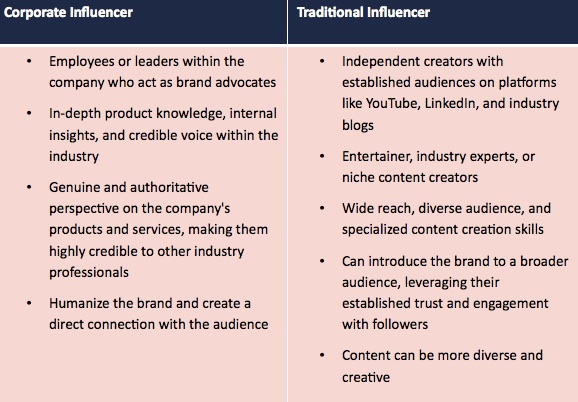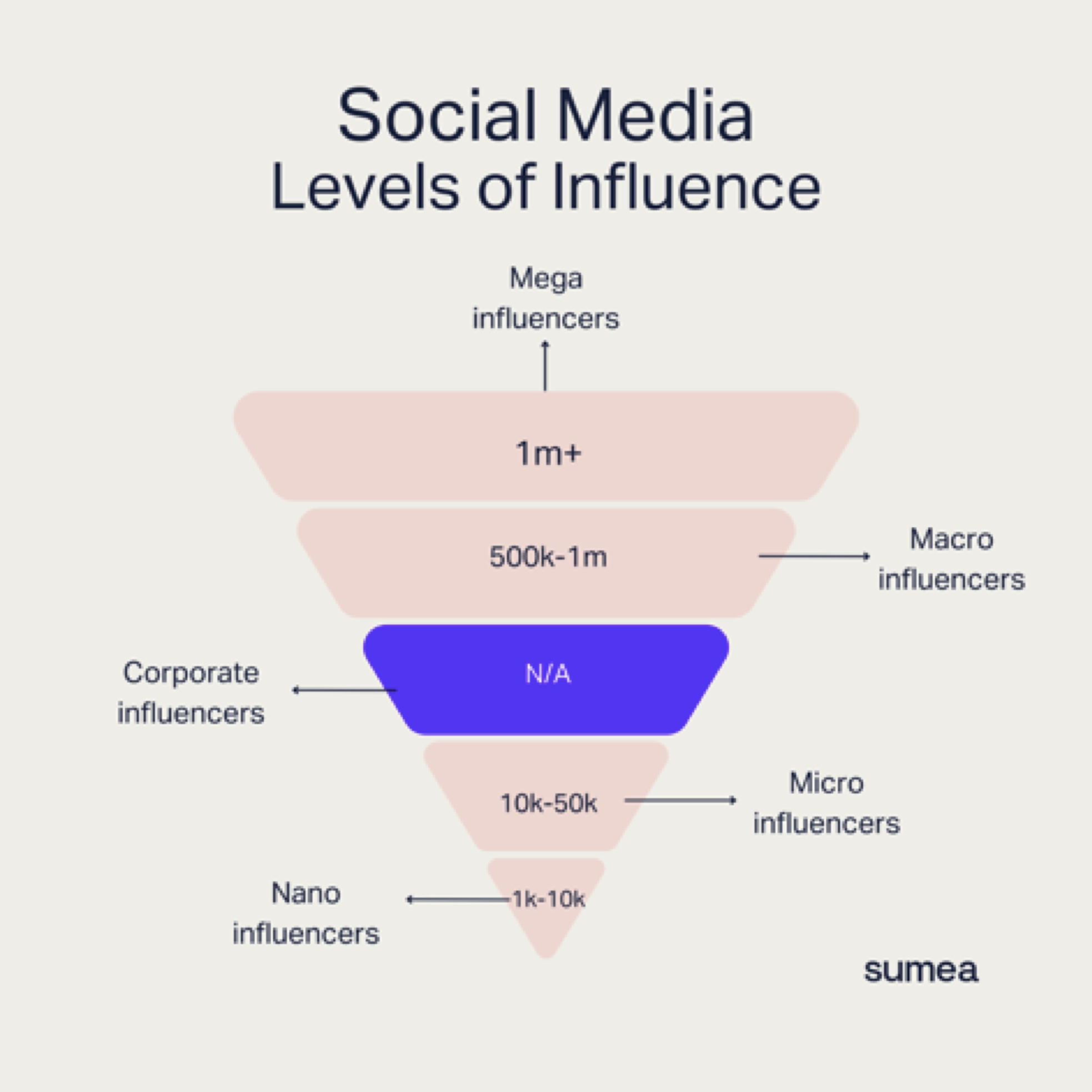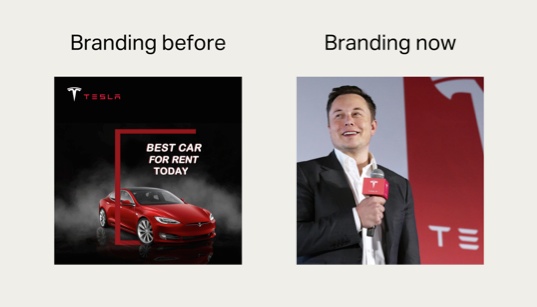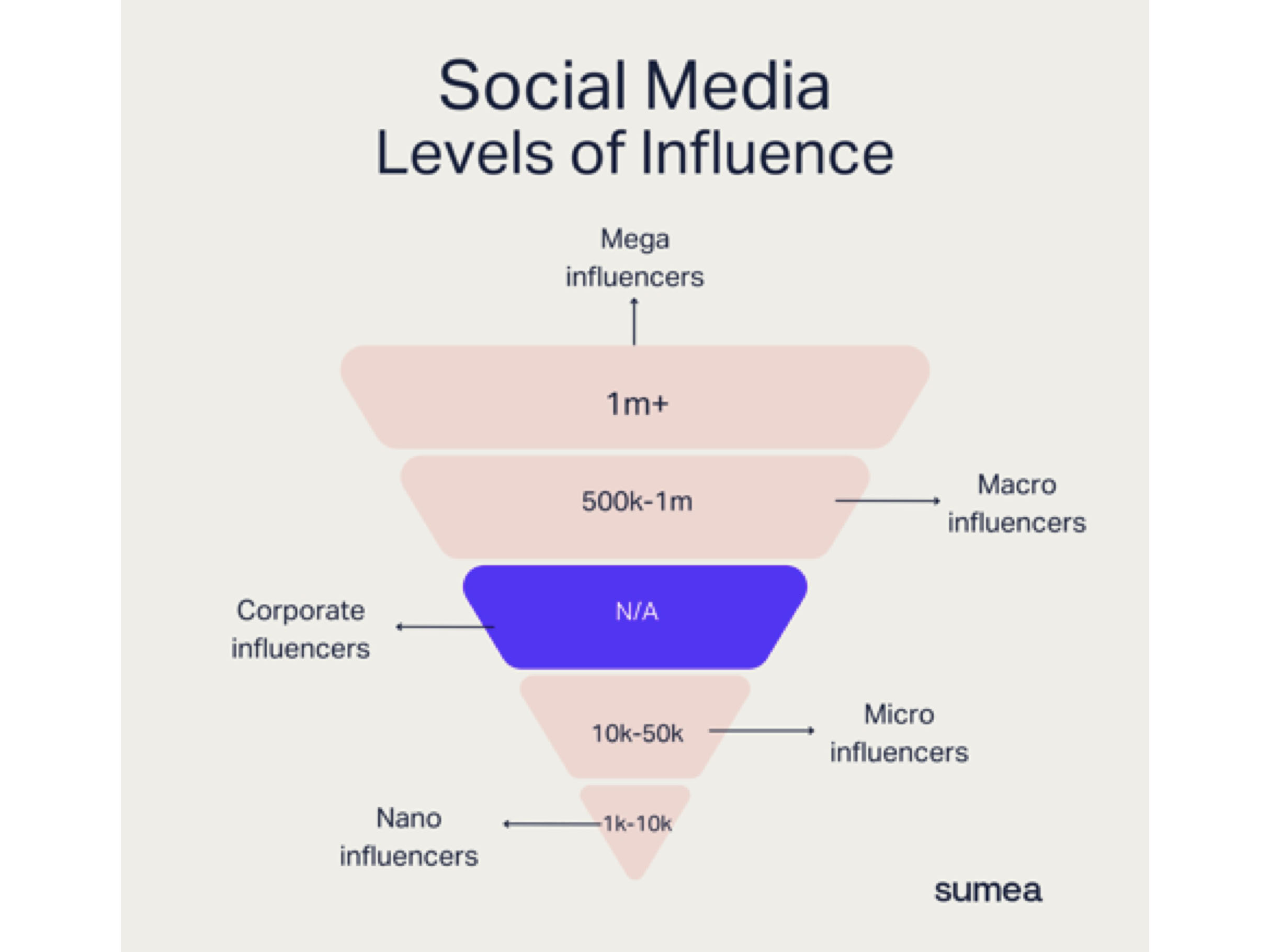News - Digital/Tech
People want to follow people, not faceless brands
by Svenja Malzahn, Sumea Social
July 16, 2024
.jpg) Advertisement
AdvertisementThe idea of ‘corporate influencers’
We can probably skip the case for influencer marketing as most brands are already embracing it for its effectiveness. Instead, I’d like to introduce an often overlooked marketing strategy: The concept of corporate influence.
Unlike traditional influencers who focus on their personal brand or a specific niche, corporate influencers represent the companies they work for.
This approach is proving to be highly effective for businesses looking to build deeper connections with their audiences, or simply to create more and better content.

Anyone online, whether in B2B or B2C contexts, craves genuine content. And corporate influencers are a great way of humanizing a brands, making them more approachable and interesting to follow.
Take Deloitte Germany's Lara Sophie Bothur, for example. As an in-house influencer, she shares her professional journey on LinkedIn, participates in events, and speaks publicly, all while advancing the Deloitte brand. Her content resonates so deeply that she now has almost 300,000 followers on LinkedIn.

That said, corporate influencers shouldn't replace traditional influencer marketing. Both have their place.
Traditional influencers are great for broadening reach and tapping into new audiences.
Corporate influencers, on the other hand, offer authentic brand representation. They have deep industry knowledge and understand their company's mission and values, creating content that resonates deeply and is often more cost-effective.

The idea of corporate influence isn’t new
Think of Tesla and Elon Musk. His active social media presence and candid sharing of company visions make him synonymous with the Tesla brand. This demonstrates the power of CEO positioning.
Corporate influencers represent a natural evolution in the social media marketing landscape. They blend the authentic, human-centric touch of traditional influencers with the credibility and insider knowledge of industry experts.
As brands seek new ways to engage their audiences, corporate influence offers a great opportunity that aligns with today’s social media preferences.
It’s about time for brands to integrate corporate influencer strategies into their marketing efforts to truly level up.

Svenja Maltzahn is the founder of Sumea Social, a Dubai-based social media and influencer agency dedicated to creating impactful and memorable content. With a background in strategic communications and Islamic studies, Svenja has developed a deep understanding of the cultural dynamics and ambitions driving the Middle East. She has worked extensively in Saudi Arabia, partnering with government officials and private sector leaders to develop and implement innovative social media strategies. Sumea Social specializes in social media strategy, content creation, and influencer marketing, helping brands cut through the noise and achieve extraordinary results.



.jpg)







